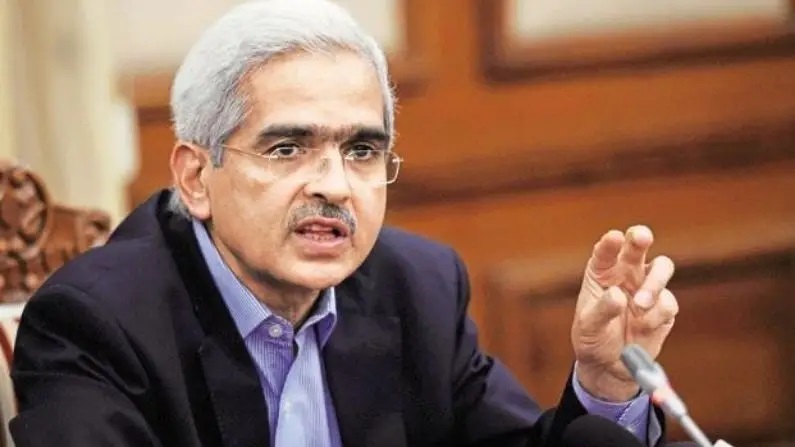On the one hand, the government is talking about a ban on private digital currency with the help of law, on the other hand, keeping in mind the global acceptance of cryptocurrency, the Reserve Bank is also advocating digital currency. Currently, the status of leagues regarding cryptocurrency is not clear due to which there is skepticism among investors. According to the report of Indian Express, about 10 thousand crore rupees have been invested in digital currency in India.
On several occasions from the Reserve Bank, it has been said that it is in favor of digital currency and work is going on in this direction. The RBI team is working on the technical aspect of government digital currency and other processes. Recently, Governor Shaktikanta Das himself said that our team is working on its launch. On the other hand, the government is engaged in curbing private cryptocurrency in the country with the help of Cryptocurrency and Regulation of Official Digital Currency Bill 2021. Through this bill, the digital currency of the Reserve Bank will also get legal recognition. This bill was to be introduced in the budget session itself, but the government is discussing it with other stakeholders.
Doubt Among Current Investors
At this time, there is doubt among private cryptocurrency investors what will happen to them. In the report, quoting sources, it has been said that the present investors can get time to get out of this. It is believed that investors can get 3-6 months to monetize the investment. A deadline will be announced after which private digital currency will be completely banned. Neither can it be traded nor can be mined
Final Draft Not Yet Ready
Currently, different aspects of the Cryptocurrency and Regulation of Official Digital Currency Bill 2021 are being seriously discussed with different stakeholders. So far, the final draft of this bill has not reached after the cabinet. The government and the Reserve Bank clearly believe that private digital currency will have a worse effect on the financial system of the country and the good effect will be less.
Companies Must Also Provide Cryptocurrency Information
According to the new company rules, now corporate will have to share information about cryptocurrency too. If a company has made a profit or has incurred losses by investing in cryptocurrency, if it has cryptocurrency, if it has taken advance from a third to invest in cryptocurrency, then it will have to give full information to the Registrar of Companies in its filing.
The Reserve Bank imposed a ban, the Supreme Court reversed the order
Earlier in April 2018, the Reserve Bank of India had told banks and other regulated entities that they would not support cryptocurrency transactions. In March 2020, the Supreme Court rejected the decision of the Reserve Bank of India, saying that it is unconstitutional. At that time the Supreme Court had said that cryptocurrency is not regulated in India, but it is also not illegal.
80 Percent of the World’s Central Banks are Working on Digital Currency
There was a report recently about how central banks around the world are thinking about cryptocurrency. The Bank for International Settlement conducted a survey in which central banks from 66 countries participated. 80 percent of these banks had said that they are working towards their digital currency. These banks are studying the advantages and disadvantages of digital currency. The Central Bank of China, the People’s Bank of China, has set up the Digital Currency Research Institute. Work is continuing on the pilot project of Digital Yuan in China.




